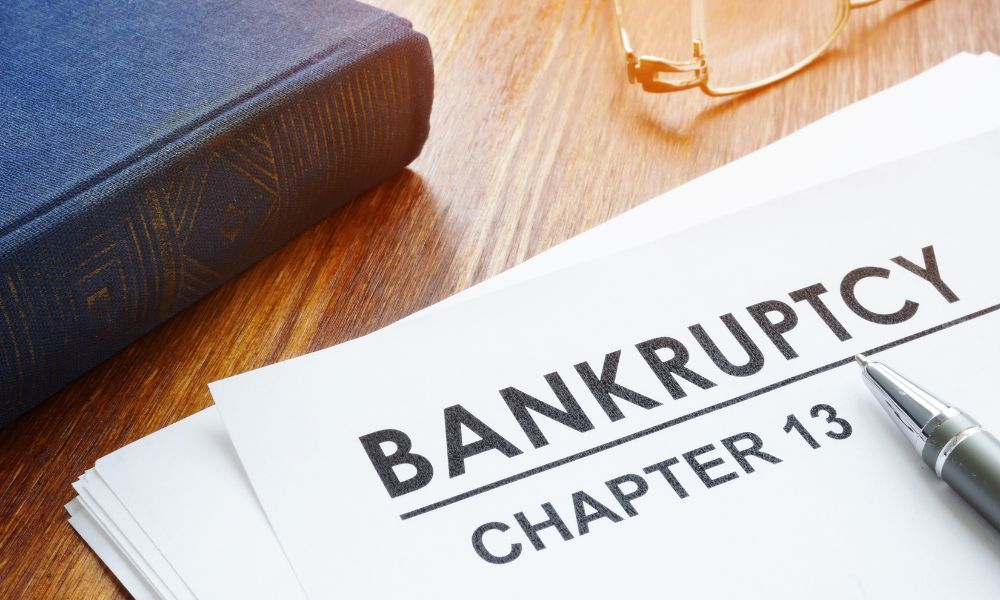Chapter 13 bankruptcy is one of the most common ways to fix your finances. It’s a type of debt repayment plan that helps you reorganize your debts so that you can start making payments again. Over 65% of all debtors in Highland turn toward Chapter 13. However, Chapter 13 bankruptcy can be complicated and expensive, so it’s important to know what the process involves before deciding whether or not it’s right for you. Attorneys also make the situation manageable, so read on to learn more about hiring a chapter 13 bankruptcy attorney in Highland, IN.
Chapter 13 bankruptcy is a debt repayment plan.
In Chapter 13 bankruptcy, you must file a petition with the bankruptcy court. The court will appoint a trustee to manage your case, and you must attend mandatory credit counseling. The fees and payments can be expensive. You must create a debt repayment plan that the trustee approves.
Trustee Management
The bankruptcy court in Highland will appoint a trustee to manage your case. The trustee is a third party, and they will be a licensed attorney. The trustee is appointed by the court, not selected by you or your creditors.
The trustee’s responsibilities include:
- Approving your plan of repayment;
- Collecting payments from you; and
- Distributing funds to pay secured creditors (those who hold liens against property, such as homeowners with mortgages).
Mandatory Credit Counseling
You’ll have to attend mandatory credit counseling. The court requires you to attend a credit counseling session before filing for Chapter 13 bankruptcy. It will help you understand how to use your income to pay off debts in the future and prepare for what happens after filing for bankruptcy with either more time or less money.
You don’t have to pay for these sessions—they’re usually provided by non-profit agencies at no charge in Highland, but sometimes they cost money if there’s an agency fee attached (which may be paid by an attorney).
The counselor will ask questions about your income and expenses and explain what assets are exempt from seizure during this process to determine how much money they will allow you to keep each month during repayment of creditors’ claims through the Chapter 13 bankruptcy payments plan.
Additional Fees and Payments
There are several different fees associated with filing for Chapter 13 bankruptcy. These fees are set by the court, and they’re determined by your income level and how much property you own. You can pay these costs in installments or all at once as part of your regular payment plan. In Highland, the costs and fees are relatively affordable, but you should always crosscheck with your attorney.
Trustee Approval
A Chapter 13 bankruptcy requires that you create a repayment plan. This plan must be approved by the court and provide for payments to your creditors. If you can’t pay anything on your debts, the trustee will recommend a discharge (which means wiping out all of your debt). If some money is available after paying all priority debts, other unsecured creditors may get paid in full or partially. Secured creditors usually get back their collateral first; second liens are also possible.
All Plan Payments must be made.
You must make all plan payments during your bankruptcy case. You will be responsible for all plan payments until the case is closed, even if you lose your job or your financial situation worsens. If you don’t make plan payments, a judge can dismiss your case and force you to pay back any money that was paid on your behalf (including attorney fees). Consulting a chapter 13 bankruptcy attorney in Highland, IN, before applying is crucial since failing can make matters worse for you.
Installment Plans
An installment plan is a way to pay back your creditors over time. You may be able to decide on an installment plan if you:
- Want to keep your house or car, and have enough income left over after expenses? This means that the payments on your debt won’t take up most of your income.
- Have income but just can’t make all of the payments at once. If you have high debt, it might be hard to pay it off immediately without having money for other things like food or rent. A Chapter 13 bankruptcy might help by allowing you to make monthly payments instead of one big lump sum payment at once.




